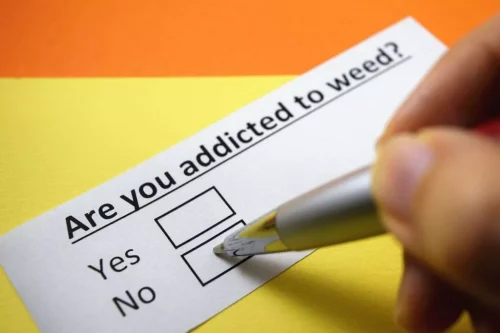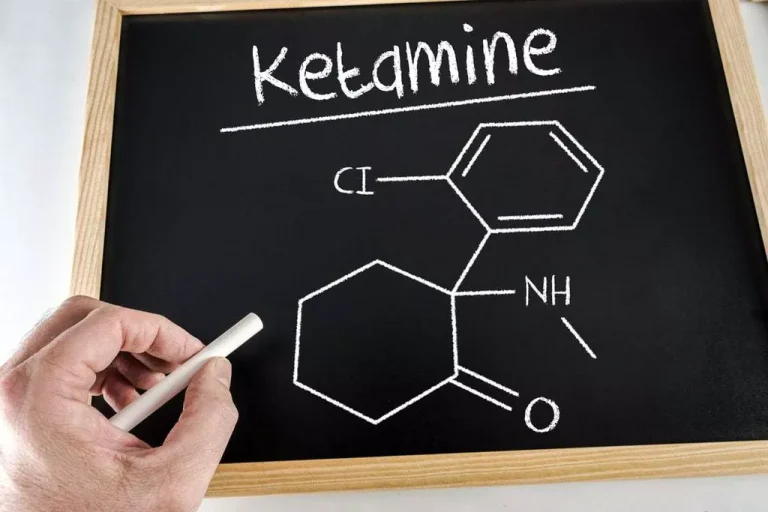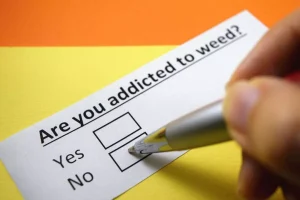
Frepping (Freshers’ Repping) is, in my opinion, one of the most uniquely Durham concepts. Having a group of people around you dedicated to providing stability and structure in, what for many, is an incredibly strange and stressful week is invaluable. It’s also important to note that delirium tremens can be life-threatening. Each of these symptoms can increase in intensity depending on the severity of the withdrawal. According to AA’s 2014 membership survey, 36 percent of the 6,000 AA participants from the U.S. and Canada had been sober for more than 10 years. Another 24 percent reported being sober for between one and five years, and 13 percent had been sober for five to 10 years.

More on Substance Abuse and Addiction
- Others may explore moderation as a potential option, but it requires careful consideration, ongoing monitoring, and a strong support system to mitigate the risks of relapse and problematic drinking.
- If you consistently consume significant amounts of alcohol, your CNS gets used to this effect.
- They may also find it difficult to maintain the routines they learned in treatment and lapse into old patterns that are not conducive to recovery.
- For example, you might believe that you can’t quit, that recovery takes too much effort, and that you won’t enjoy life as much without alcohol.
By incorporating these elements into their aftercare plan, individuals can significantly reduce the risk of relapse and increase the likelihood of long-term sobriety and well-being. Friends and family see the noticeable benefits of quitting alcohol when their loved one stops drinking and chooses to pursue a healthy life. To avoid relapse after a slip, many people attend support group meetings or therapy sessions. Drinking again after sobriety can also strain your relationships with friends and family. Loved ones who’ve supported you through your journey to recovery may feel hurt, betrayed, or worried about your well-being.
Staying sober after Dry January
Don’t let this situation or cravings make you feel down or like you haven’t achieved something amazing already. You can work on strengthening your coping skills to move past a mental relapse. Working with a therapist can be helpful during a period of mental relapse. Understanding triggers for alcohol use is important for someone in recovery and their loved ones. If someone knows their triggers, they can better avoid them and reduce their risk of a relapse.
With United recovery project
For people in recovery, it is impossible to reintroduce alcohol into their new lifestyle, as they could only achieve stability once they stopped drinking. Each relapse episode can strengthen the person’s belief that sobriety is not possible for them. Slips can cause a transition from an emotional relapse to a mental relapse or from a mental relapse to a physical relapse. When someone in recovery slips by consuming any amount of alcohol, the brain can revert back to how it functioned when the person was abusing alcohol. Achieving and maintaining sobriety is a complex and deeply personal journey that varies from one individual to another. While the path is often marked by setbacks, including relapse, each step forward is a testament to the resilience and strength of those fighting to overcome addiction.
What Happens When a Recovering Alcoholic Starts Drinking Again
Surround yourself with supportive loved ones, attend self-help group meetings, and/or go to therapy sessions. Many people think preventing a relapse means just saying “no” to a drink. But by the time you’re looking at a can of beer or a bottle of liquor, you’re in the last and most difficult stage of drinking again after sobriety a relapse.
It’s true that taking a break from alcohol for any amount of time will be beneficial overall, with some research showing that liver function begins to improve in as little as two to three weeks. But a full detox is needed for the most benefit, and how much time that takes depends on a variety of personal factors. Fortunately, a number of strategies can help people in recovery cope with these symptoms and avoid alcohol relapse. After not drinking for a while, the body can’t process alcohol the same way, and the drinker’s tolerance lowers.

Is Relapse Part of Recovery?
- It’s a reminder of the importance of staying committed to your recovery journey.
- At the end of the day, recovery from an alcohol addiction isn’t just about staying sober; it’s about reinventing your life so that you find peace and other benefits of quitting alcohol.
- When we think about a relapse, we tend to think about it as sudden, unexpected, and all at once.
- In place of quitting alcohol, harm reduction works to help people be more mindful about their drinking habits.
- Also, seeing freshers pass out in their own sick has made me not want to drink ever again (although I’m saying this before the five socials I have lined up for this week, so don’t hold me to that).
Instead of viewing your slip as a step backward, think of it as a progression on https://ecosoberhouse.com/article/the-importance-of-gratitude-in-recovery/ your road to recovery. Many people lapse or relapse, and if you think of each attempt at sobriety as a means of getting closer to your end goal — a lesson in your cumulative recovery learning, so to speak — this setback won’t be in vain. Whatever the reason, there are serious consequences when someone with AUD drinks.

Strategies for Preventing Relapse and Sustaining Recovery

At the preparation stage, alcoholics have decided to make a change, and they are planning to take meaningful steps toward recovery in the near future. Engaging in subtle and sympathetic conversations and getting alcoholics to explore the pros and cons of their own behavior, for example, can help to lay the groundwork for the second stage of recovery. At this stage, defense mechanisms are in high gear, and people are reluctant to even acknowledge they have a problem.
Can I prevent alcohol withdrawal?

This post-treatment phase focuses on staying sober and sustaining the achievements made during treatment. Sara Moniuszko is a health and lifestyle reporter at CBSNews.com. Previously, she wrote for USA Today, where she was selected to help launch the newspaper’s wellness vertical. She now covers breaking and trending news for CBS News’ HealthWatch. “You might want to set a number of days per week that you don’t drink, or you may want to set an upper limit on how many drinks you have on the days that you do drink,” she says.






